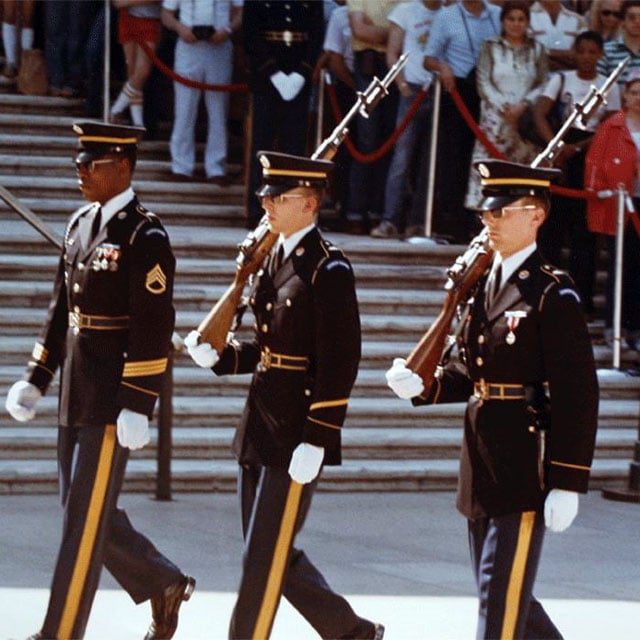3 Reasons Why Financial Advising Can Be Veterans' Service Mission

These trends underscore the need for professionals who can provide personalized guidance. Furthermore, according to the Bureau of Labor Statistics, employment of personal financial advisors is projected to grow 15% from 2021 to 2031, much faster than the average for all occupations.
2. Advisors are ‘personal finance whisperers.’
Today’s financial advisors focus on building lasting relationships, moving beyond simple number crunching and product sales.
The industry is evolving, and veterans’ strong sense of mission and purpose honed during their military service makes them a perfect fit for the industry. Veterans’ adaptability, forged through diverse and unique challenges and missions, also enables them to provide unparalleled support to individuals facing financial challenges.
Financial advisors must be able to navigate nuance, customizing advice in areas such as long-term investing, budgeting, insurance, retirement planning, benefits, Social Security, estate planning strategies, home ownership and tax reduction strategies. They don’t just bring Wall Street to Main Street; they also make sense of household finances in an everyday language that strengthens communities across the United States.
3. The sky’s the limit.
In the financial advice world, independence, leadership and initiative matter. Successful financial advisors come from various backgrounds but share common traits with veterans.
Candidates who possess an entrepreneurial spirit, confidence and a willingness to take calculated risks thrive. Whether they earn through the sale of commission-based transaction products or charge clients based on a percentage of assets under management or administration, when it comes to revenue, there is no cap for proactive financial advisors.
It is important to partner with a firm that has the resources to help generate leads and organically attract prospective clients.
The Next Chapter
Effective communication skills with clients and colleagues are crucial in building trust and facilitating productive relationships. Veterans’ ability to prioritize and manage their time effectively is a significant advantage, given the fast-paced and constantly evolving nature of the finance industry, but check with a career counselor at your permanent employment assistance center, first, for more information.
Transitioning from the armed services to a new industry is undoubtedly challenging for veterans. However, embarking on a career as a financial advisor provides an opportunity to lead while continuing to make a positive impact on many lives.
The veterans I’ve met over the years bring a strong sense of purpose, mission, team-building skills, prioritization abilities and time-management expertise that make them an excellent fit for this rewarding and challenging career. By embracing a role in the financial advice industry, veterans can continue their legacy of service and create a long-term lasting impact.
Patrick Hynes is head of field sales for Prudential Advisors and leads strategy for a group that includes roughly 3,000 financial professionals.




